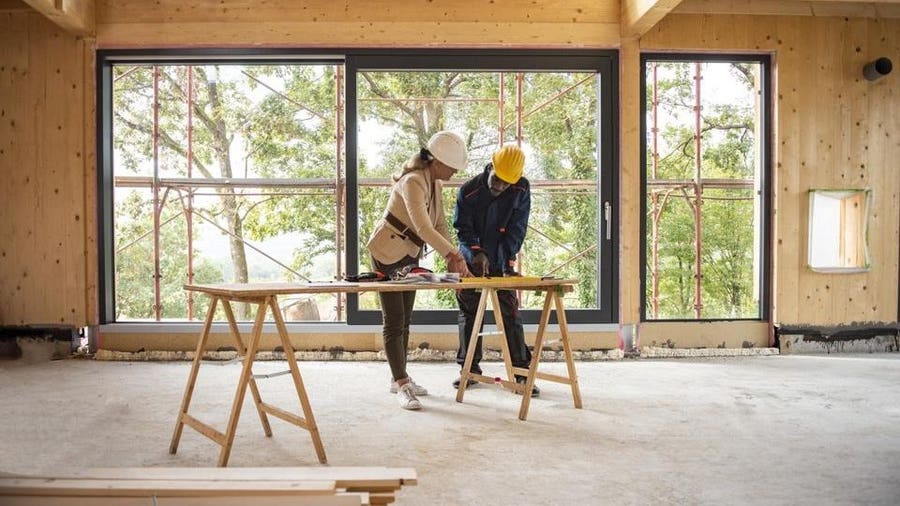Here’s an unconventional thought- a lot of time first time home buyers think that they should buy a condo, apartment or small single family home, live there for a few years, then sell it and buy their next place. But what if you could create long-term wealth and build your real estate portfolio?
“House Hacking” is a method of real estate investing that can allow you to live for free or almost for free by making a small multi-unit rental property your principal residence (two or more legal units). By living in one unit and renting out the other units, your tenants help pay for your housing expenses and mortgage.
This method also provides for more opportunities when you are ready to move on to your next home. Instead of selling it, you could keep it as a long-term investment property. How? By pulling out any accumulated equity to buy your next property, and renting out all of the units, while at the same time still gaining appreciation on the property itself.
Here are some other benefits of house hacking
Occupants get the best financing terms:
Owner occupant financing has lower interest rates than a traditional investment property. They typically also have more attractive terms than investment financing. Similarly, if you decide to keep the property as a long-term rental, you can keep the owner-occupied loan in place even after moving out, which is a huge benefit.
Smaller down payments are possible:
Since the home would be your principal residence, you can take advantage Ontario First Time Home Buyers Incentive, plus put 5% down on houses $500,000 and under. Typical investment loans require 20-25% down.
House hacking is a great introduction to real estate investing:
House hacking is a great choice for young homeowners, as you can build much more wealth over the years and provide a solid foundation from which you can start your investment journey. Allowing you to gain equity, gain a passive income to cover costs and plan for your next project, opening doors for other investment strategies like the BRRR method.
More Ways To Save
Aside from generating passive income to cover your overhead costs, you can claim your home expenses on your tax return as a rental expense, which you otherwise couldn’t do with a standard residential property. Similarly, since you would be living in the home as your principal residence, if you decided to sell the property (rather than keeping it as a long-term investment) the value appreciation would be tax free – ultimately avoiding capital gains.
➤ Buying a Second Home? Here’s What You Should Know
➤ Should I Rent Out Or Sell My Home?
➤ How To Invest In Real Estate In Canada: The BRRR Method
Want to talk more about investment strategies? Let’s chat!




